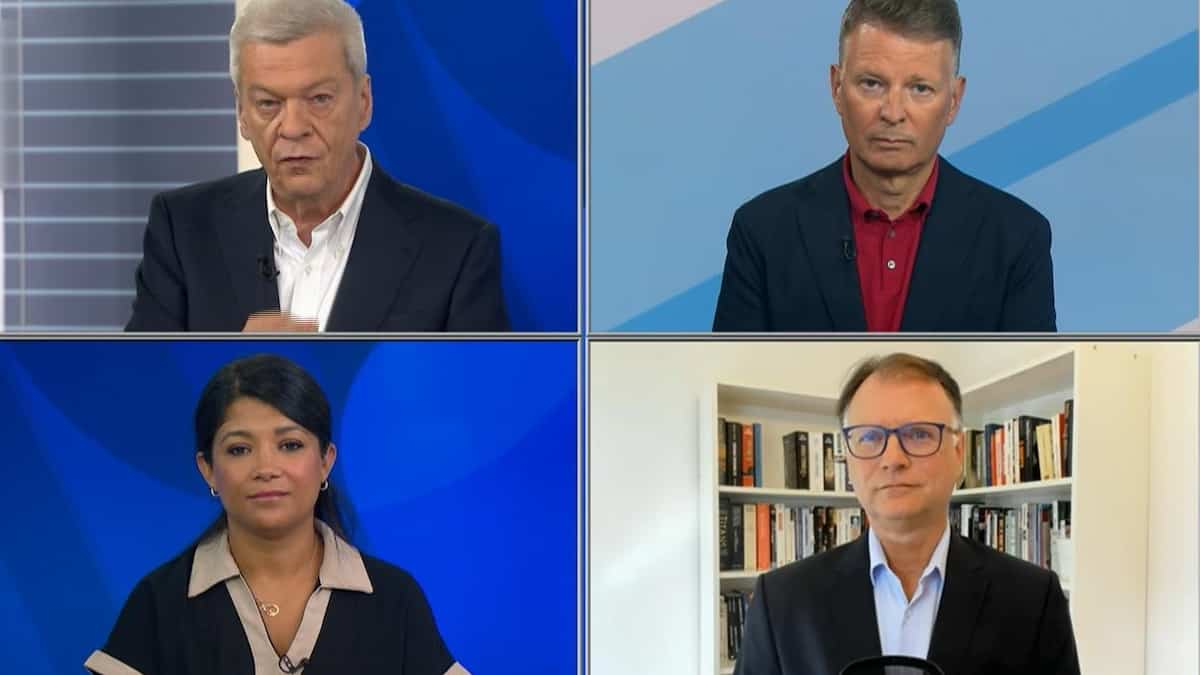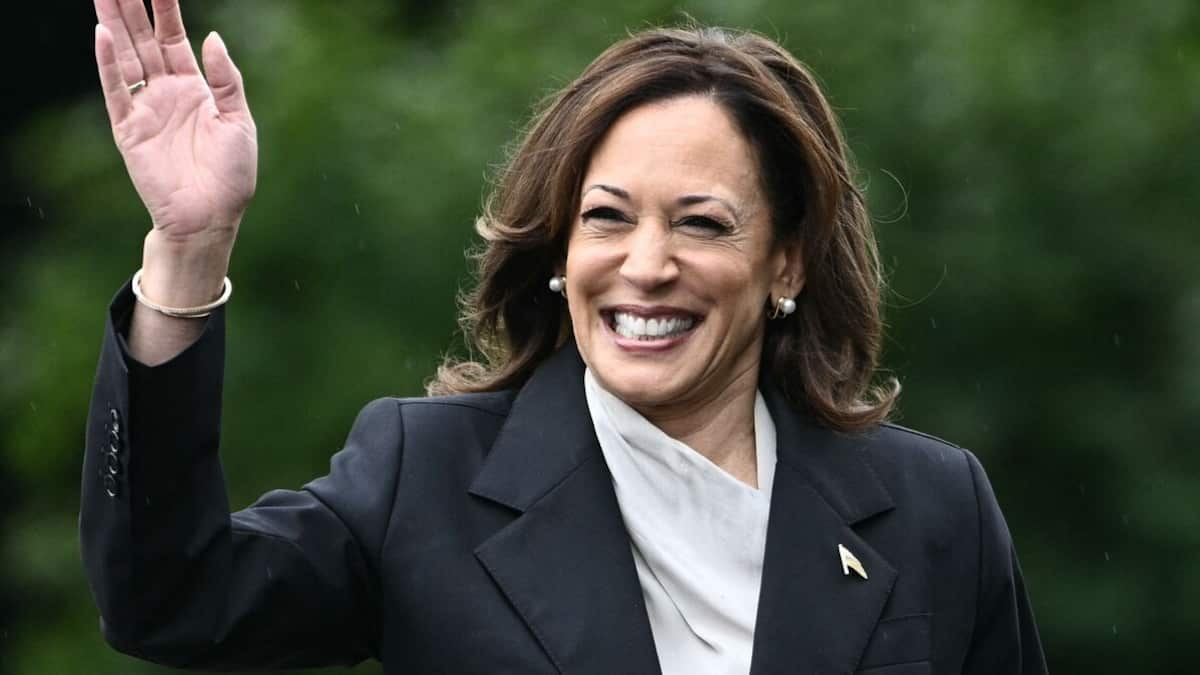Milan (AFP) – Former Italian Prime Minister Matteo Renzi is testing his already low popularity by sparking a political crisis that could bring down Italy’s coalition government at a critical juncture from the coronavirus pandemic.
Renzi orchestrated the resignations of two ministers from the small but important Italia FIFA party. The outcome of his powerful game will become clearer this week, when Prime Minister Giuseppe Conte addresses both houses of Parliament. If Conte makes a successful bid for support, he may remain in power, potentially his third coalition government since the 2018 elections in Italy.
Renzi’s electric game
This isn’t Renzi’s first foray as an icon advocate shaking Italian politics. He became prime minister in 2014 by maneuvering and unofficially overthrowing fellow Democrat Enrico Letta as leader of Italy. Renzi himself fell from power after nearly three years after he had gambled his popularity on a failed constitutional referendum.
Now, the 46-year-old ex-mayor of Florence might downfall Conte. The prime minister is widely accused of not properly managing the coronavirus crisis. Renzi says he only follows his conscience, and at great political expense.
“Italy FIFA has not started the crisis.” He confirmed during a press conference last week.
Renzi, a senator from the Italian party FIFA, supported Conte during an earlier seizure of power by Matteo Salvini, the leader of the right-wing League party that was part of Conte’s first government.
New polls show that junior coalition partner Italia Viva has the support of just 2.4% of respondents, down from a high of 6.2% at the start of the party. Italia Viva was created in September 2019 when Renzi withdrew from the Democratic Party he once ran. He brought two cabinet members with him, giving himself the kind of influence he wielded last week.
CONTE NEXT MOVEMENT
With the resignation of Italy’s FIFA ministers, Conte is working to shore up support in parliament among independent lawmakers. He still enjoyed the support of the Democratic Party and the Five Star Movement, which criticized Renzi’s move as irresponsible.
Conte will bring his case to the House of Representatives on Monday and in the Senate on Tuesday. A vote will be taken after each impression, which is equivalent to a vote of confidence.
If he fails to get enough support, Conte will likely submit his resignation to Italian President Sergio Mattarella. In this case, a technical government can be created. Analysts believe that early elections are the least likely outcome, due to the difficulty of conducting political campaign and elections during the pandemic. There are also fears that the right-wing opposition will gain strength and possibly lead a new government. The current majority would like it to last at least until January 2022, when a new president should be chosen.
Conte might survive to lead what would be his third government by garnering sufficient support in both houses. It is still possible that Italia Viva will regain its support.
What is at stake
Italy expects to have 222 billion euros ($ 268 billion) in European Union economic recovery funds to manage, which are necessary funds to modernize the country and its ailing economy.
While Conte garnered widespread support during Italy’s devastating tour with the Coronavirus in the first half of 2020, cracks in his popularity surfaced during the deadliest autumn period. Four months after the government implemented tiered restrictions, confirmed daily infections are still stubbornly high, and the number of deaths due to the epidemic in Italy, which is at 81,800, is the second highest in Europe after Britain.
The Conte government is also being criticized for not keeping high schools open during the pandemic, a decision mostly linked to insufficient transportation to allow social distancing. There are concerns that Italy does not have enough medical personnel to carry out the vaccination campaign in the country.
But the crisis was ultimately driven when Conte presented a plan that would have put himself in charge of managing recovery funds in the European Union. Political analyst Wolfgang Piccoli described it as “an absolute mistake”, establishing the Renzy move to reassert his “status”.
Italians show little patience with the political infighting when the nation’s priority is to control the coronavirus pandemic and roll out the vaccines that many hope will end the country’s long coronavirus nightmare. In a new poll, 42% of Italians said they did not understand what sparked the recent government divisions.
___
Follow AP’s coverage of the coronavirus pandemic at:
https://apnews.com/hub/coronavirus-pandemic






